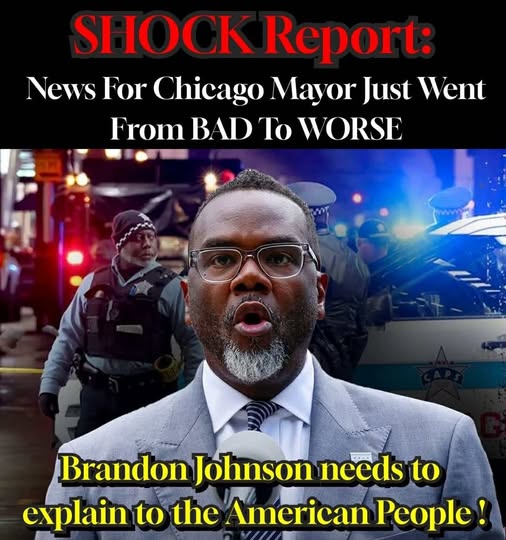In Chicago, the Labor Day weekend saw a devastating wave of violence, claiming at least 58 lives and leaving eight people dead. The victims were women and men whose names are yet to be released, but their absence leaves families grieving and neighborhoods scarred.
The shootings, occurring across unrelated incidents, highlight a tragic pattern that continues to haunt Chicago. For many families, it was not a weekend of rest but of mourning.
As President Donald Trump renews calls for deploying federal forces and the National Guard to cities struggling with crime, Chicago Mayor Brandon Johnson issued an executive order prohibiting local police from collaborating with federal patrols.
“We will protect our Constitution, we will protect our city, and we will protect our people,” Johnson said, rejecting what he described as militarization of the streets. The White House dismissed his stance, accusing Democrats of turning crime prevention into a partisan fight.
Beyond politics lies a quieter, grimmer truth: lives cut short, parents burying children, and children left without parents. The rhythm of gunfire disrupts the rhythm of daily life—echoing a deeper social wound that can’t be healed by politics alone.
In the Sufi tradition, scholars remind us that “a city is only as alive as the compassion it nurtures in its people.” Political leaders may argue over authority, but the real test of leadership lies in whether families feel safe walking to school, whether neighbors can gather in peace, and whether a grandmother can sit on her porch without fear.
